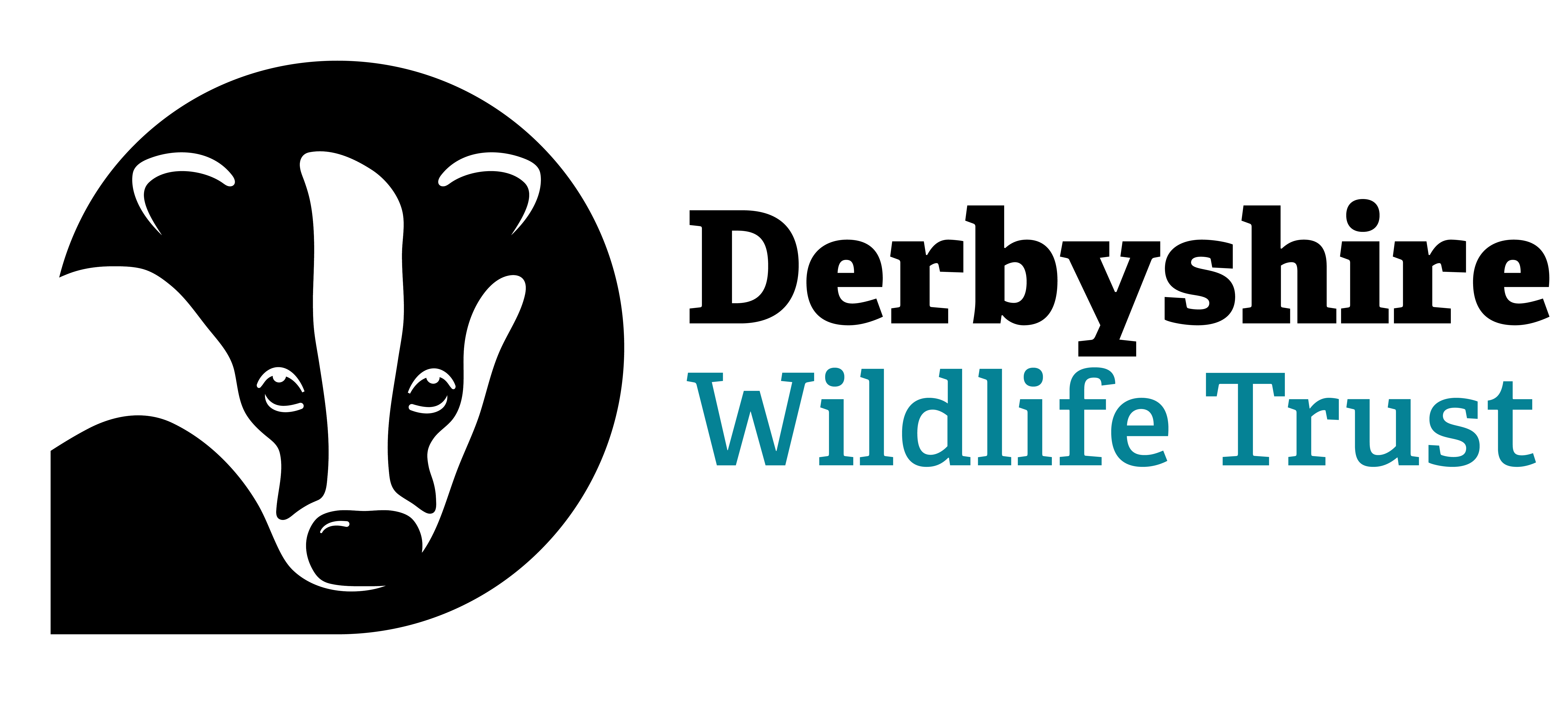A group of over 40 cereal farmers are proving that it is possible to help nature recover and make a profit.
A new report from The Wildlife Trusts shows how locally tailor-made farm wildlife plans devised by Wildlife Trust advisors with each farmer, are helping wildlife recover.
In Derbyshire over 58 hectares of habitat and more than 19km of hedgerow are all managed to help wildlife. The two Jordans Farm Partnership farms in our county have become important places for our wild plants and animals. Various management practices have been put in place to target some of the species that have suffered serious declines. Pollinators like bees and other insects, brown hares, skylarks and barn owls are all the focus for the landscape and nature conservation and enhancement plan in Derbyshire but a vast range of other species will also benefit from the carefully planned farm management.



